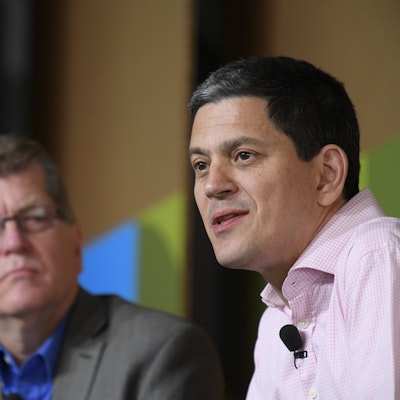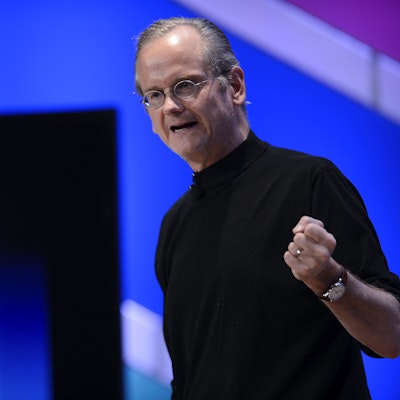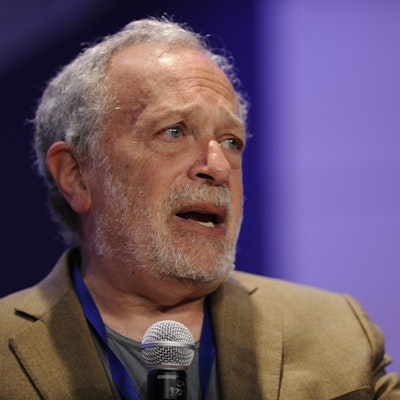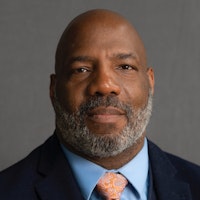
We need more than anything else for people of conscience to behave like people of conscience.
Show Notes
When Americans elected their first black president more than a decade ago, some questioned whether the country had transitioned into a post-racial era. But today race is a more prominent and intransigent problem than ever. As the US grapples with issues like identity politics, the Travel Ban, a wall on the southern border, and Black Lives Matter, writers Jelani Cobb and Wajahat Ali question the likelihood of a post-racial America. Cobb, a staff writer at The New Yorker and journalism professor at Columbia, says America needs to closely examine its imperfections and reflect on its history of slavery. He speaks with Ali, a New York Times op-ed contributor. This episode originally dropped in February of 2019. The views and opinions of the speakers in the podcast do not necessarily reflect those of the Aspen Institute.
Learn More
Additional Information
Explore
Related episodes


Current political fault lines are fracturing American society as people grow farther apart from one another due to differing beliefs and opinions. We often see people we disagree with as caricatures, and think we can never reconcile our differences. Yet despite that sense of contradiction we are much closer to each other than we think. To bridge the divide, we have to stre...


Most Americans see religious freedom as an important right. Yet how that freedom is defined and applied isn’t consistent, and efforts to safeguard the religious freedom of some may be discriminatory for others.


Wes Moore, author of "Five Days: The Fiery Reckoning of an American City" (written with Erica Green), says communities around the United States must confront systemic racism.


After more than two decades of research, tax scholar Dorothy A. Brown discovered that America's tax system is not color-blind. In fact, societal racism is deeply embedded in it. From attending college to getting married to buying a home, Black Americans are financially disadvantaged compared to their white peers.


Robert Runcie on the power of education, how tragedy shakes a community, and why he believes in hope
Which strategies are most promising to stop gun violence in Chicago?


David Miliband thinks the refugee crisis is solvable. So how do we start?
Elisabeth Rosenthal on our broken healthcare system.
Hear from Elizabeth Acevedo and Arthur Brooks at the Summit on Inequality and Opportunity.


Bryan Stevenson, founder and director of the Equal Justice Initiative, speaks with Harvard President Drew Gilpin Faust about his organization’s efforts to build a museum examining the legacy of slavery, racial terrorism, segregation, and police violence.


Hear Michele Norris speak with Mitch Landrieu and Susan Orlean.


How do the events of today compare to other periods of extremism in America?


Actress Ashley Judd on activism and promoting health for women and girls around the world.


Shaka Senghor shares his insights from seven years in solitary in one of the nation's most violent prisons.


How can Americans restore their confidence in their government?


John R. Lewis reflects on his lifelong dedication for civil rights.


This episode features “big ideas” from festivals as far back as 2007.


Arthur Brooks on bringing the most happiness to the most people.


Robert Reich live at the Aspen Ideas Festival.


The industrial revolution and consequent terrible labor conditions sparked a wave of revolutions in Europe, and then a string of laws and protections for workers. As author and innovation expert Alec Ross describes it, we “rewrote the social contract.” But, Ross says, we may be due for another rewrite, as we transition from an industrial economy to one based on information...










